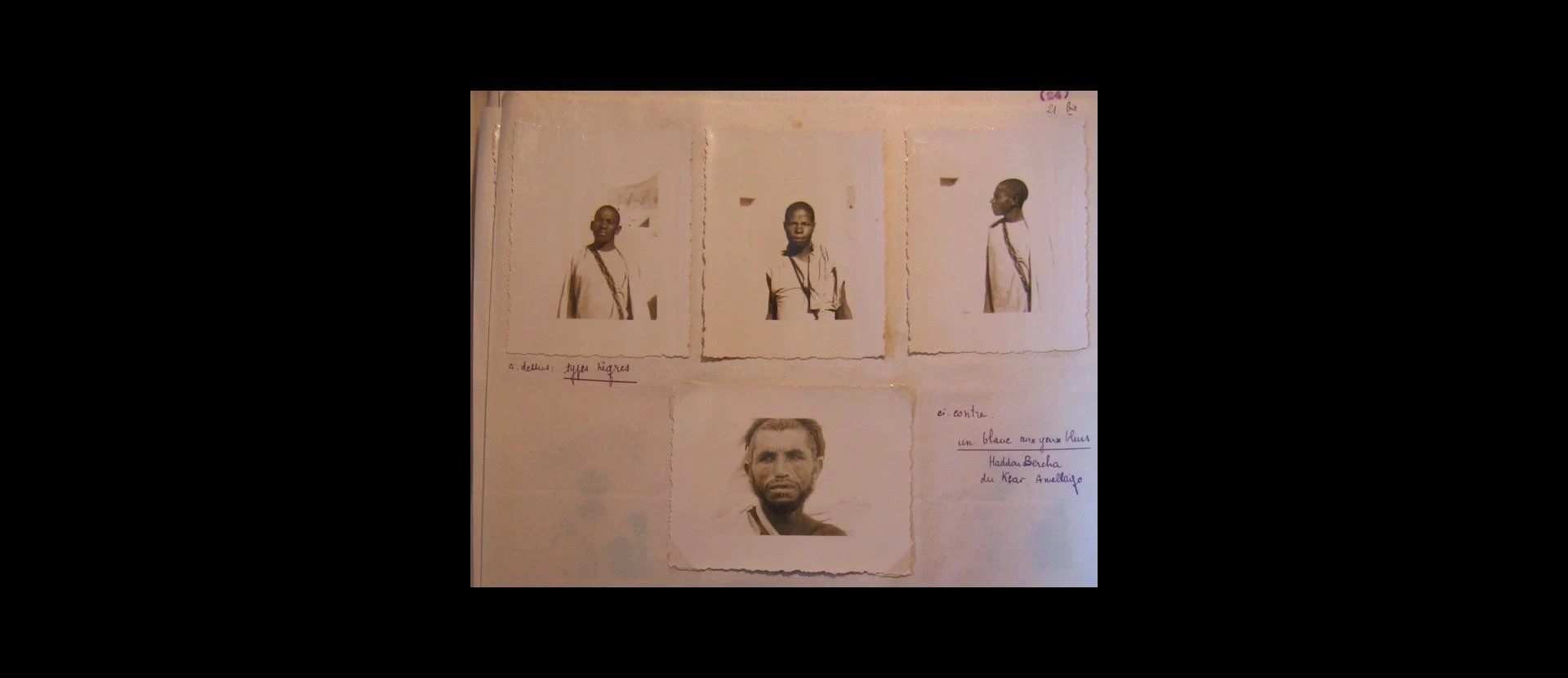Black-Blanc-Berber: The Politics of 'Race' in Colonial Morocco and Beyond

Professor Silverstein's talk interrogates the liminal ethno-racial category of Berber/Amazigh as it develops in colonial North Africa and comes to be reinvigorated in postcolonial France. With a particular focus on the southeastern oases of Morocco, it sketches the colonial military, administrative, and scientific logics which divided Berber (or Imazighen) "autochthons" and black Haratin "allochthons and the consequences of such a divide for local social relations and their transformations in the wake of Moroccan independence and the increased social mobility of Haratin.
Speaker's biography:
Paul A. Silverstein is Professor of Anthropology at Reed College. He is author of Postcolonial France: Race, Islam and the Future of the Republic (Pluto, 2018) and Algeria in France: Transpolitics, Race, and Nation (Indiana, 2004), and co-editor (with Ussama Makdisi) of Memory and Violence in the Middle East and North Africa (Indiana, 2006). He is currently completing a book on Amazigh/Berber ethno-politics, historical consciousness, and development in southeastern Morocco. His new research focuses on cosmopolitan immigrant labor politics in the former coal mines of northern Europe. He chairs the board of directors of the Middle East Research and Information Project (MERIP).
Twitter Hashtag for this event: #LSEContemporaryTurkishStudies
The Chair for Contemporary Turkish Studies focuses on culture, religion, politics, and memory in Turkey and among Turkey's diasporic populations. Its mission is to promote a deeper understanding of Turkey with emphasis on its diversity and a focus on its connections to the world. As the only Chair of its kind located at a European Institute, its specific focus is Turkey's dynamic relationship with Europe. The Chair provides academic leadership in the study of Turkey through interdisciplinary and critical research, teaching and related public activities. It organizes seminars and conferences, and supports doctoral studies on contemporary Turkey.
LSE holds a wide range of events, covering many of the most controversial issues of the day, and speakers at our events may express views that cause offence. The views expressed by speakers at LSE events do not reflect the position or views of The London School of Economics and Political Science.
From time to time there are changes to event details so we strongly recommend that if you plan to attend this event you check back on this listing on the day of the event.
Whilst we are hosting this listing, LSE Events does not take responsibility for the running and administration of this event. While we take responsible measures to ensure that accurate information is given here (for instance by checking the room has been booked) this event is ultimately the responsibility of the organisation presenting the event.
LSE holds a wide range of events, covering many of the most controversial issues of the day, and speakers at our events may express views that cause offence. The views expressed by speakers at LSE events do not reflect the position or views of the London School of Economics and Political Science.
